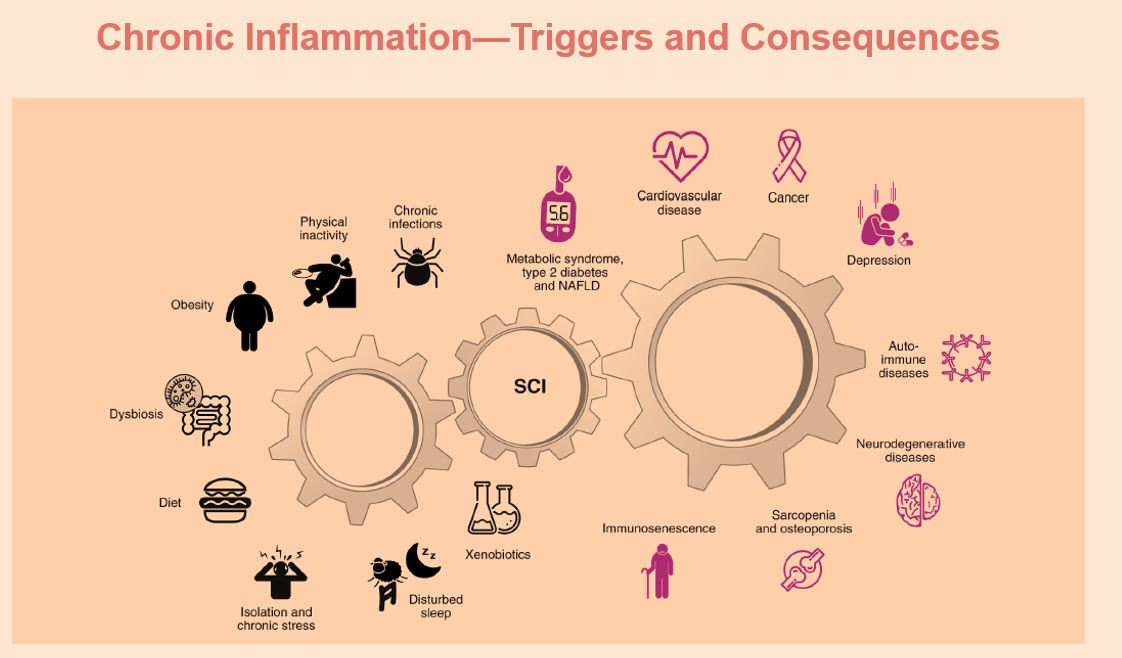by Kali Coleman
More than three quarters of first-time stroke patients have high blood pressure, the American Heart Association (AHA) reports. Their data shows that 77 percent of first-time stroke suffers’ have blood pressure higher than 140/90 mmHg, whereas normal is considered less than 120/80 mmHg, according to the Centers for Disease Control and Prevention (CDC). That’s why doctors say the best way to avoid a stroke is to lower your blood pressure, and the best way lower your blood pressure is to change what you eat and drink. But even if you’re cutting back on salt and alcohol, there are other common foods and drinks that could be putting you at risk of this deadly health condition. One study found that another popular beverage can triple your stroke risk if you drink it just once a day, even though it’s often marketed as a healthier option. Read on to find out which drink you may want to cut back on.
Drinking at least one diet soda a day can triple your stroke risk, research shows.
Researchers from the Boston University School of Medicine looked at the long-term health impact of drinking artificially sweetened beverages, publishing their results in 2017 in the journal Stroke. The researchers analyzed nearly 3,000 participants over the age of 45 for strokes over the course of 10 years, gauging their beverage intake through a food-frequency questionnaire. According to their findings, the participants who drank at least one diet soda a day were nearly twice as likely to have a stroke than those who didn’t drink diet soda, but they were three times as likely to develop an ischemic stroke, in particular.
“Our study provides further evidence to link consumption of artificially sweetened beverages with the risk of stroke, particularly ischemic stroke,” the researchers said.
The study also found that daily diet soda drinkers were three times more likely to develop dementia.
These Boston University School of Medicine researchers also observed nearly 1,500 participants over the age of 60 for the development of dementia in correlation with diet soda consumption. According to their findings, people who drank at least one artificially sweetened beverage a day were three times as likely to develop dementia due to Alzheimer’s disease than those who did not consume diet soda. “Our study is the first to report an association between daily intake of artificially sweetened soft drink and an increased risk of both all-cause dementia and dementia because of Alzheimer’s disease (AD),” the researchers said.
Researchers say diet sodas should not be promoted as a healthy alternative to regular soda.
The scientists behind the study said further research needs to be conducted to determine why there was an increased risk for both stroke and dementia in regular diet soda drinkers. But in an AHA editorial accompanying the 2017 study, Ralph Sacco, MD, a former president of the AHA and the chairman of the Department of Neurology at the Miller School of Medicine at University of Miami in Florida, said that the main problem is that artificially sweetened beverages (ASBs) are “marketed as healthier alternatives” to sugar-sweetened beverages (SSBs).
“The American Heart Association and American Diabetes Association have given a cautious nod to the use of artificial sweeteners in place of sugar to combat obesity, metabolic syndrome, and diabetes mellitus, but there is still uncertainty about the benefits and even healthfulness of ASBs,” Sacco said. According to the AHA, several large studies, including the 2017 report, have linked diet sodas to concerning health conditions, including type 2 diabetes, heart attack, and vascular death, in addition to stroke and dementia.
“The growing number of epidemiological studies showing strong associations between frequent consumption of ASBs and vascular outcomes, however, suggests that it may not be reasonable to substitute or promote ASBs as healthier alternatives to SSBs,” Sacco explained. “Both sugar-sweetened and artificially sweetened soft drinks may be hard on the brain.”
People should also avoid sweetened beverages altogether.
The study did not find a similar increased risk for sugar-sweetened soda in terms of stroke or dementia, however, Matthew Pase, PhD, the lead author of the study, said in a statement that this may be because people do not drink sweetened sodas as often as diet sodas. He added that, “although we did not find an association between stroke or dementia and the consumption of sugary drinks, this certainly does not mean they are a healthy option.”
“We know that limiting added sugars is an important strategy to support good nutrition and healthy body weights, and until we know more, people should use artificially sweetened drinks cautiously. They may have a role for people with diabetes and in weight loss, but we encourage people to drink water, low-fat milk or other beverages without added sweeteners,” Rachel K. Johnson, MPH, a former chair of the AHA’s Nutrition Committee and professor of nutrition at the University of Vermont, said in a statement.

Address
New Jersey Address:
227 Madison Avenue, Lumberton, NJ 08048
New York:
2932 Wilkinson Avenue Bronx, NY 10461
Business Hours
New Jersey:
Monday – Thursday:
8:30 AM – 1:00 PM, 3:00 PM– 6:30 PM
Friday:
8:30 AM – 12:30 PM
New York:
Monday, Wednesday, Thursday, Friday:
9:00 AM - 7:00 PM
Tuesday:
9:00 AM - 6:00 PM
